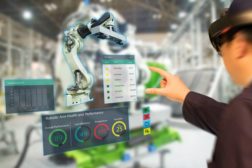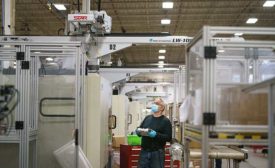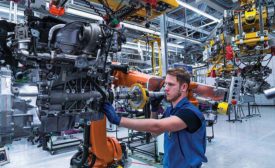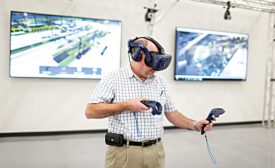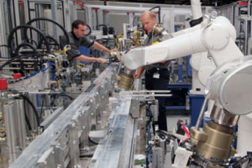Home » Keywords: » smart manufacturing
Items Tagged with 'smart manufacturing'
ARTICLES
How IoT Can Lead to Safer Manufacturing
IoT-enabled devices can alert management to worker fatigue, strain or risk-taking behavior.
August 26, 2021
Translating Manufacturing Data for the IIoT
An MES gateway appliance translates, rather than transfers, production line data for secure and reliable exchange with IT databases.
January 9, 2018
Get our new eMagazine delivered to your inbox every month.
Stay in the know on the latest assembly trends.
SUBSCRIBE TODAY!Copyright ©2024. All Rights Reserved BNP Media.
Design, CMS, Hosting & Web Development :: ePublishing
